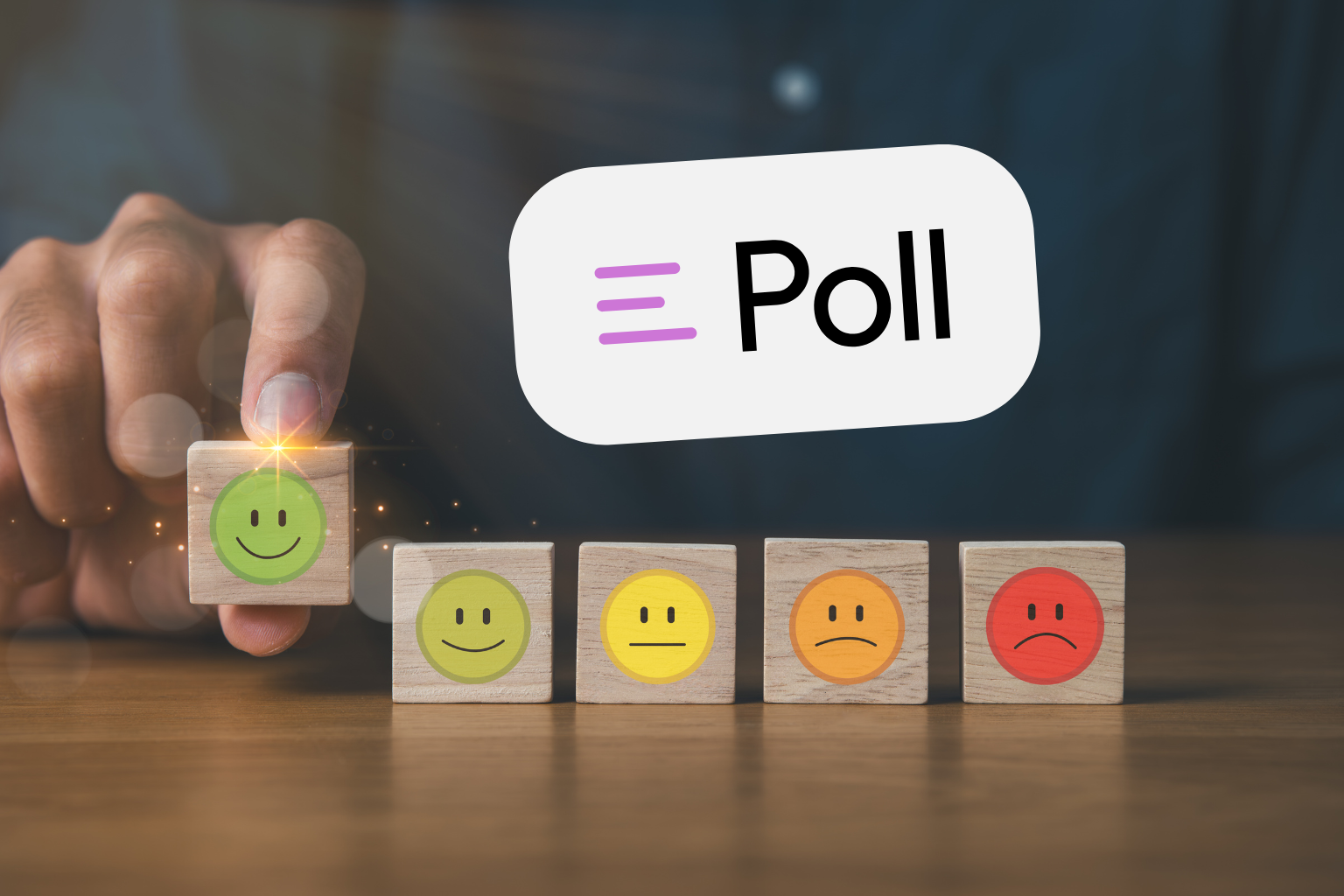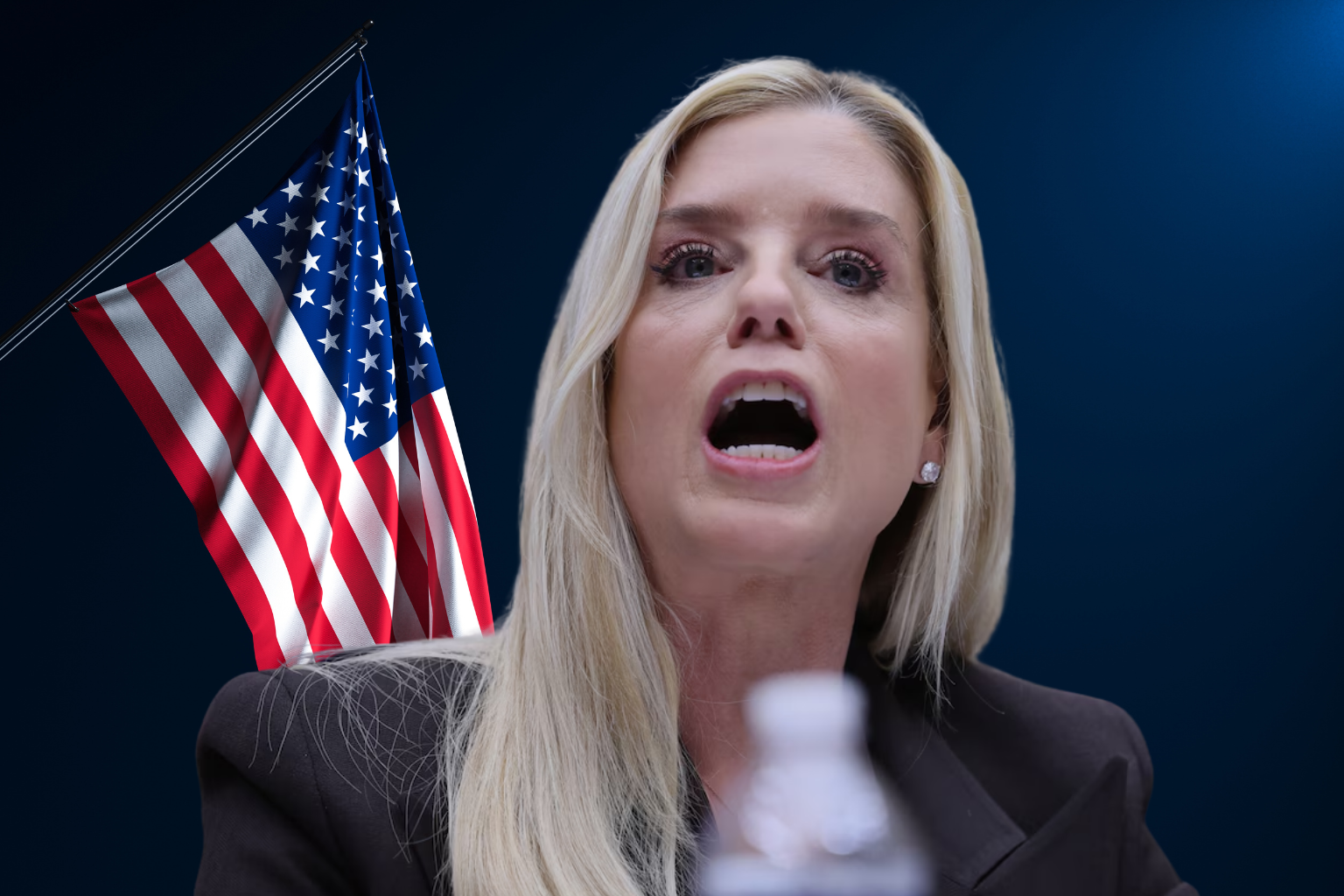Ex-Biden Aides Break Silence: Harris Under Fire for Performance Claims and Memoir Revelations

Former Vice President Kamala Harris’s biography 107 Days, due out soon, has drawn heavy criticism from former Biden administration personnel. Harris accuses Biden’s close circle of undermining her, failing to safeguard her public image, and letting Biden make crucial decisions like whether to run for a second term in excerpts released before the complete launch. Some ex-aides said Harris was “simply not good at the job.”
Harris recounts events sharply and broadly. She claims how Biden’s staff ignored her views and blamed her, especially on difficult matters like immigration and border issues. She claims that the White House communications division generally ignored or even fed negative tales about her. The extracts imply that some in the administration saw her achievement as a threat: “If she’s shining, he’s dimmed,” she says. Harris attributes much of her quiet or delayed criticism to political restrictions, asking how addressing complaints would have appeared ambitious or disloyal. Given the stakes, she calls it “reckless” to leave Biden’s re-election to him and his wife without wider consultation.
The former aides see it differently. One unnamed person quoted in various outlets says Harris “had basically zero substantive role in any of the administration’s key work streams,” that her public appearances were symbolic rather than substantial, and that her work sometimes felt isolated from governance. Another critic claims that her criticisms now seem to seek political self-justification rather than historical accuracy. Her campaign performance in 2019 and 2024 was criticized, implying that strategy, visibility, and messaging were her fault, not staff or external forces.
The response is not universally harsh. Some former coworkers regret Harris felt disempowered. Biden’s ex-Chief of Staff acknowledges that Harris’s stint was difficult, but she performed effectively at times and that she was unfortunate to experience much of it adversely. The White House’s structure and culture made her path difficult, but Harris may have missed opportunities to take more control or assert more influence, especially when decisions directly affected her role or public perception.
These memoir excerpts show how vice-presidential roles are defined (and limited), how administrations manage public image and media narratives, and how personal ambition, loyalty, and political optics can harm individuals and institutions. It also raises questions about whether Harris utilizes the book to modify her political image as well as her prior obligations. Some observers believe she may be planning a 2028 presidential run. 107 Days may be a contemplation and political clean-up.
The narrative asks general audiences what a Vice President does, what is considered good work, and who decides whether someone is underperforming or unfairly condemned. Harris’s book answers some of those questions and forces the public to see the dirty leaves under political partnerships’ shiny surface.




